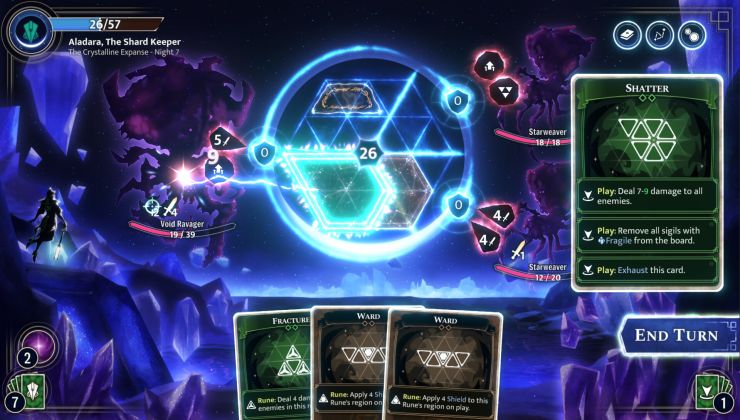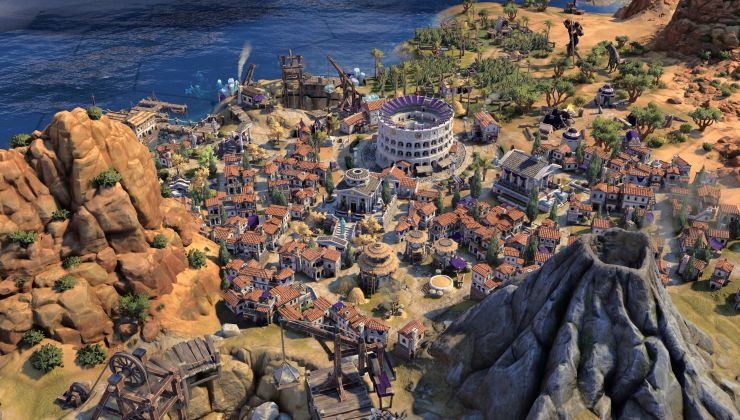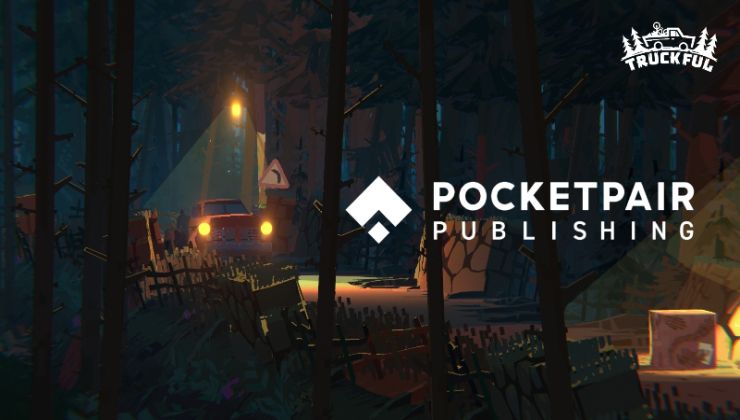The team behind the RetroArch front-end used with emulators, game engines and media players have announced that it will be getting proper hardware accelerated video decoding soon.
Currently, all video decoding is done "entirely in software", so your CPU is doing the work instead of sending it off to your GPU which can cause slowdowns when your CPU is busy. They've said they're now going to be using FFmpeg supporting VDPAU and VAAPI. This might be good news for anyone using something like a Raspberry Pi, or other lower powered devices. You can see their full post on it here.
Additionally, the team also announced that manual content scanning is also coming to RetroArch. Something that has apparently been highly requested, letting you pick a specific directory and set up defaults like what Core (Emulator) any files found will use and more. It does sound quite handy!
RetroArch isn't just for emulation though, they're also building up their collection of games that have open source versions available. Most recently, they added dhewm3 allowing you to play Doom 3 through RetroArch with an up to date game engine.
All sounds great, good to see it continue to progress nicely.
Retroarch is nice.
I actually use it to emulate Dreamcast games (currently playing Skies of Arcadia with my daughter), but man... every time i've to configure it from scratch, I curse it because of his fullscreen interface, argh!
Fortunately they are implementing a Desktop/Qt interface much more handy than the fancy default interface.
Press F to toggle fullscreen
Press F5 for the Qt UI.
Both have been around since the late 1.7.x series.







 How to set, change and reset your SteamOS / Steam Deck desktop sudo password
How to set, change and reset your SteamOS / Steam Deck desktop sudo password How to set up Decky Loader on Steam Deck / SteamOS for easy plugins
How to set up Decky Loader on Steam Deck / SteamOS for easy plugins
See more from me